Showing 1-15 of 36 results

Health Lab
The newest version of the heparin reversal drug, described in a recent issue of Advanced Healthcare Materials, adjusted the number of protons bound to it, making the molecule less positive so it would preferentially bind to the highly negative heparin, resulting in a much safer drug.
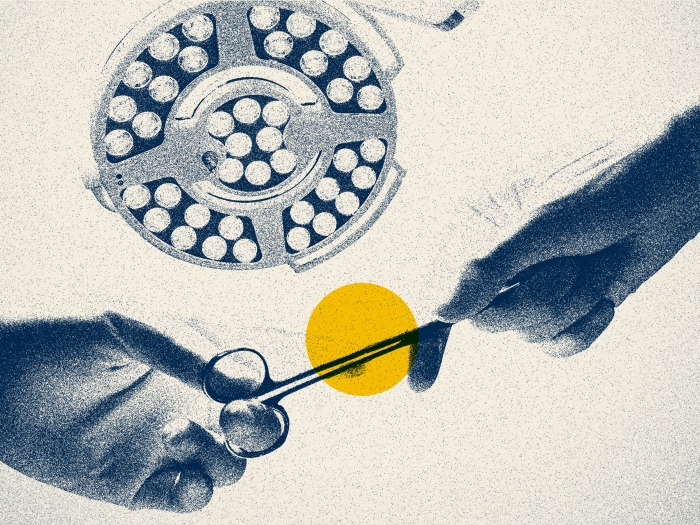
Health Lab
A JAMA viewpoint outlines the tragic story of Shandra Eisenga, a patient who received spine surgery for back pain only to inexplicably contract tuberculosis.

Health Lab
Buprenorphine prescribing for opioid addiction used to require a special waiver from the federal government, but a new study shows what happened in the first year after that requirement was lifted.

Health Lab
Overuse of antibiotics can lead bacteria to evolve antimicrobial resistance, but Americans are still receiving the drugs for many conditions that they can’t treat.

Medical School News
Four with Medical School ties are among 12 University of Michigan faculty and staff members recognized by the American Association for the Advancement of Science (AAAS) as 2023 fellows in recognition of their extraordinary achievements.

Health Lab
Researchers recently revealed a new mechanism behind antiphospholipid syndrome that the investigators hope will eventually allow treatments to be targeted closer to the source of the problem.

Health Lab
Sudden cardiac arrest in young athletes: 5 things parents should know

Health Lab
2 in 3 parents in national poll say their child ages 5-12 use personal audio devices; pediatrician offers 4 tips to reduce noise exposure risks
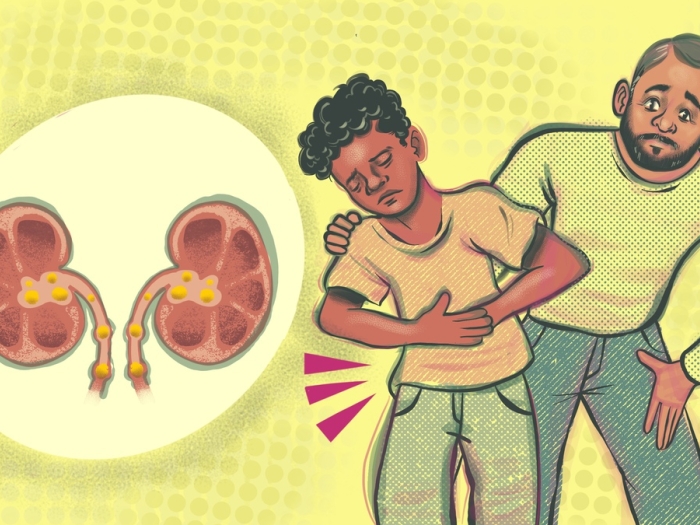
Health Lab
Cases of kidney stones in children are increasing, but parents can minimize the chances their kids develop them.
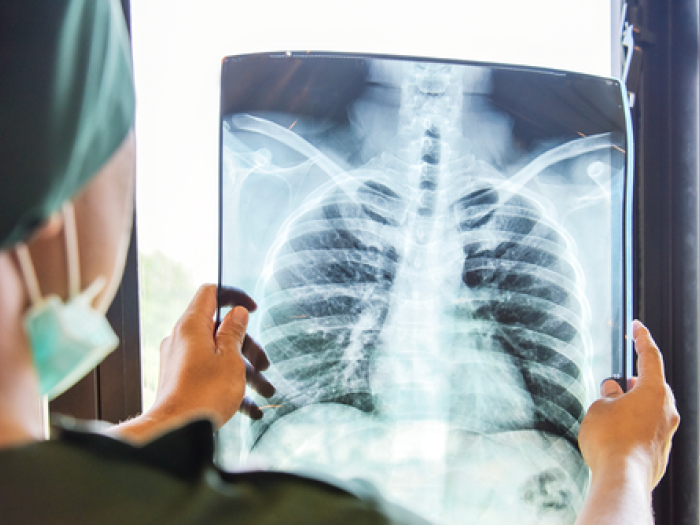
News Release
Through a $4.17M NIH grant, a team of biomedical engineers, medical clinicians and data scientists from the Max Harry Weil Institute for Critical Care Research and Innovation is collaboratively researching ways to develop a portable, non-invasive breathalyzer-type device and corresponding algorithm to quickly and accurately diagnose acute respiratory distress syndrome (ARDS).
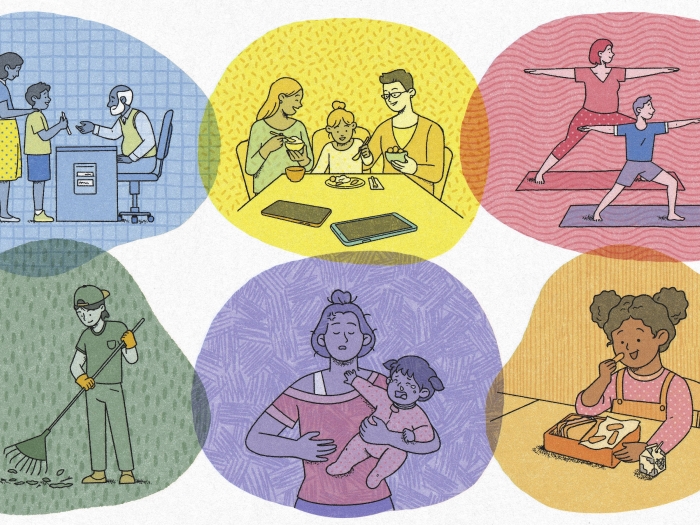
Health Lab
6 ways families can make resolutions stick

Health Lab
A C.S. Mott Children's Hospital health poll found most mothers and over two-thirds of fathers of children ages 0-4 use social media for questions on topics like feeding and behavior challenges.
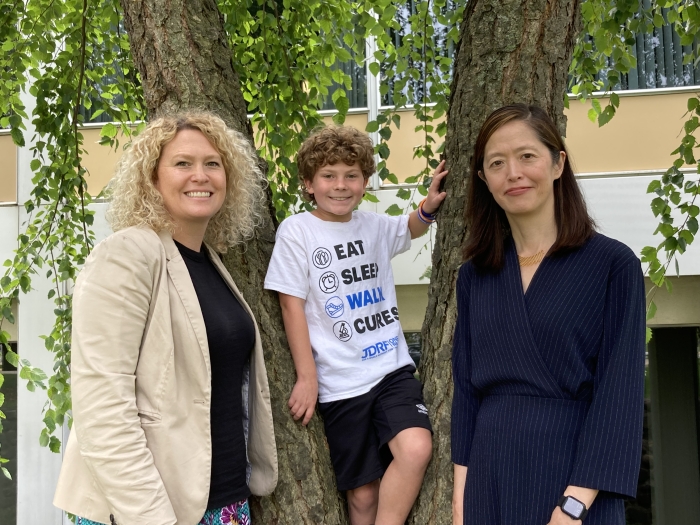
Health Lab
Living with diabetes at such a young age comes with challenges, but those challenges have inspired Jackson, now 8 years old, to come up with ways for people like him to live a little easier with a new device called "SensePod".
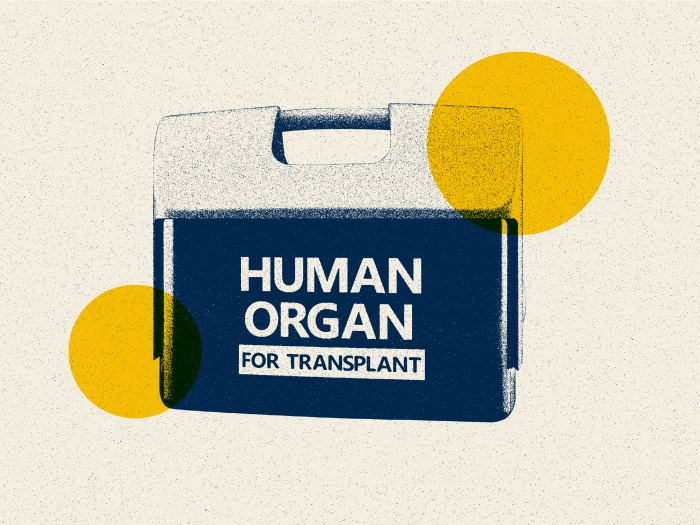
Health Lab
Patients who experience this condition following the Fontan continue to have a high risk of death from the time they’re waitlisted for a new heart through receiving the transplant, according to a 20-center study led by Michigan Medicine. And one specific complication called cyanosis – or experiencing less than normal oxygen blood levels – was associated with worsened survival.